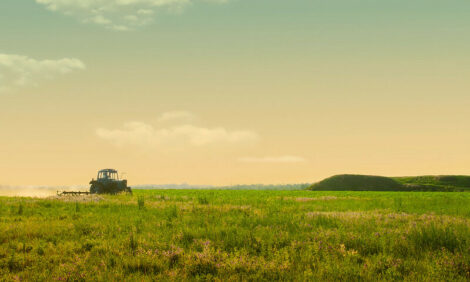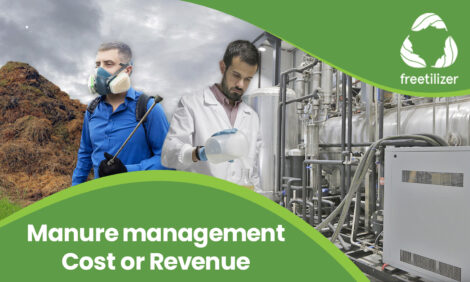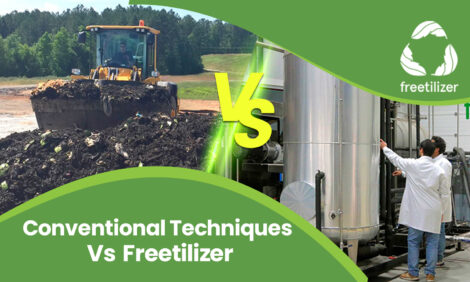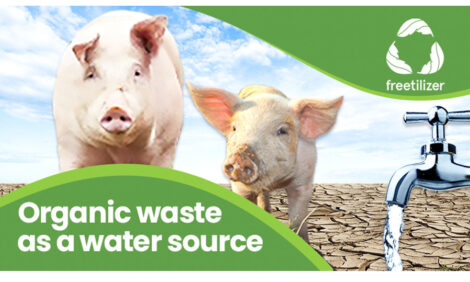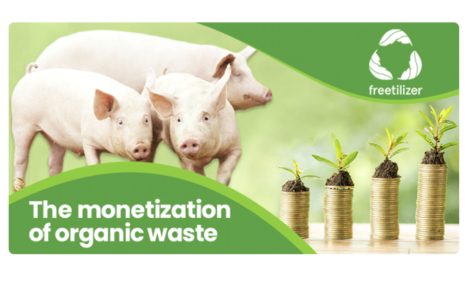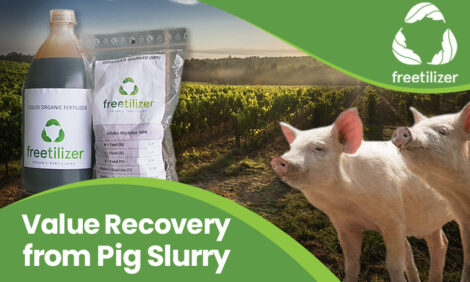



In times of need, organic fertilizers take the lead!
Rising energy prices and supply-chain disruptions in the global fertilizer market create demand for organic fertilizerPart of Series:
< Previous Article in Series
Farmers are dealing with a fertilizer crisis brought on by rising fossil fuel prices and by the increasing supply-chain disruptions in global fertilizer markets created by Russia’s war on Ukraine. The price of synthetic fertilizer has more than doubled since 2021, causing great stress in farm countries. All of these reasons are adding concerns and increasing pressures of climate change on agriculture to help convince farmers of the value of organic fertilizers.
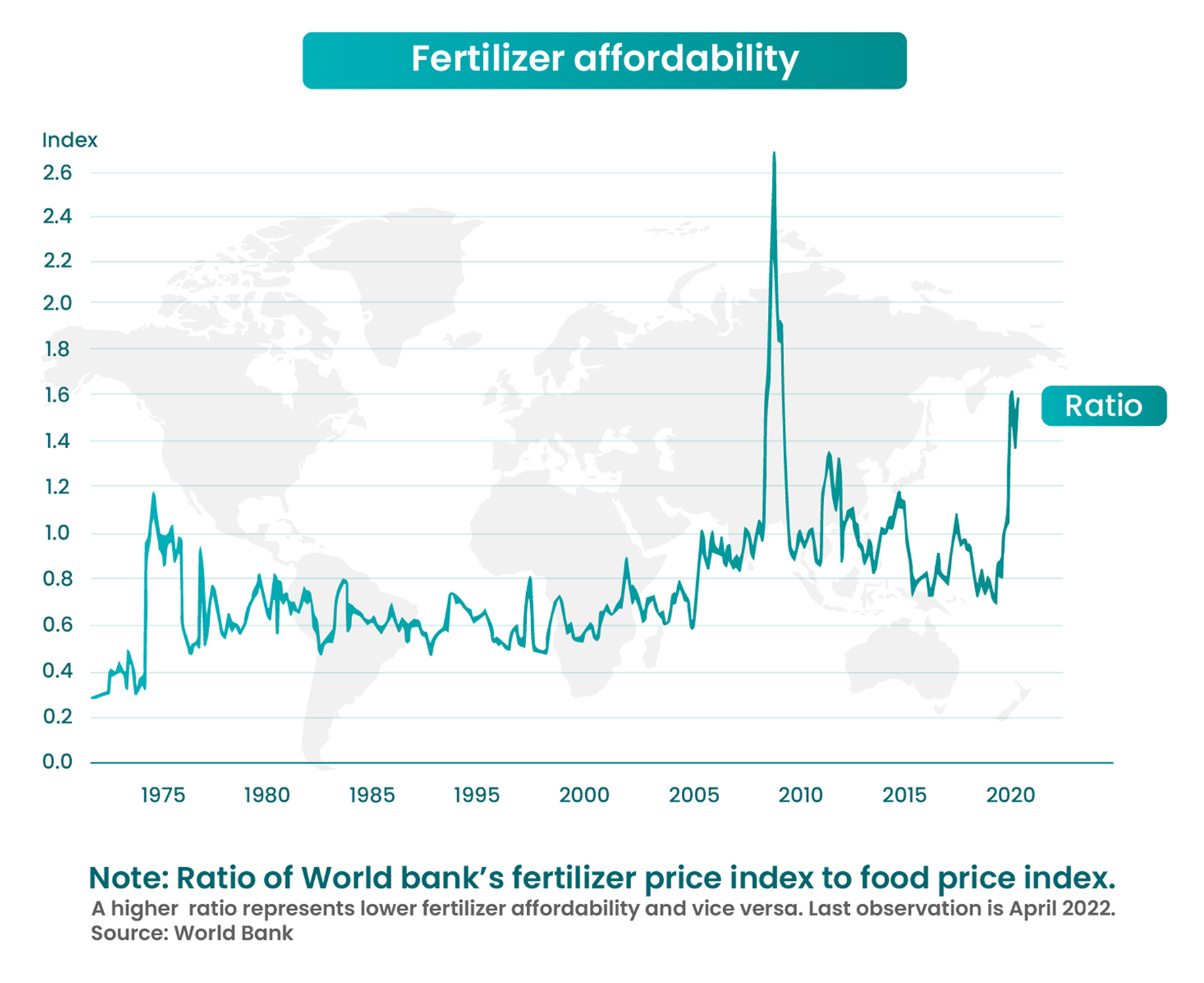
The latter is intimately connected with manure, and now it’s difficult for the global fertilizer industry to keep up with demand, reaching an extreme situation of future manure purchase intentions being settled even before it has been produced or collected. Even so, many worry that once the war in Ukraine ends, interest in natural products will subside as chemical fertilizers drop in price(1).
But there are many pieces of evidence that perspectives have shifted, as a former US Department of Agriculture representative says: “The light has switched on — farmers understand that natural products are superior to commercial fertilizers” (1). As a Nature magazine article has shown in one of the world’s biggest and most impressive studies conducted from 2005 to 2015, researchers worked with 21 million smallholder farmers across China to implement good agricultural practices, resulting in an 11% increase in crop yields for corn, rice and wheat. At the same time, nitrogen fertilizer use decreased by around one-sixth (2).
Another sign that a global movement is in place in terms of organic fertilizer acceptance is the fact that China’s fertilizer exports from January to May 2022 tumbled to the lowest level in four years, signaling that supply constraints persist and demand halted even as prices retreat from a record (3).
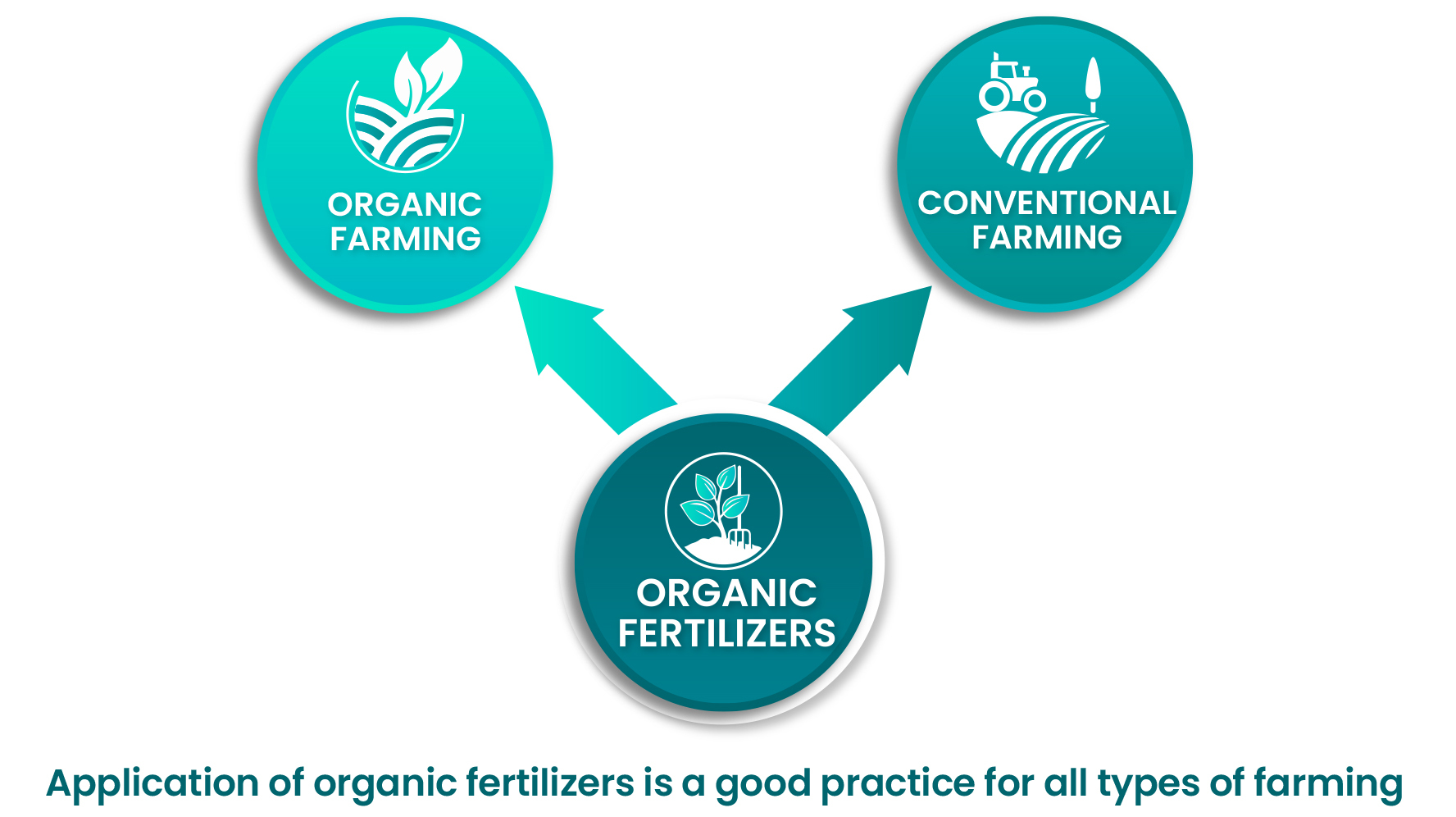
Although we only focus primarily on economics or performance data, we cannot forget the environmental benefits of minimizing the use of synthetic fertilizers. Excess use of these kinds of fertilizers can contaminate drinking water and threaten human health. It is paramount to mention that the use of organic fertilizers is not exclusive to the practice of organic agriculture, but to all types of agriculture.
Therefore, there is the need of coordinated efforts to establish centralized pig manure processing units and storage facilities that could collect, process and concentrate manure so it can be more easily handled and transported, while reducing the risk of toxic runoff. Another point of great importance is that pig manure is one of the most important natural sources of phosphorus and potassium, elements that are in rapid decline in their mineral form.
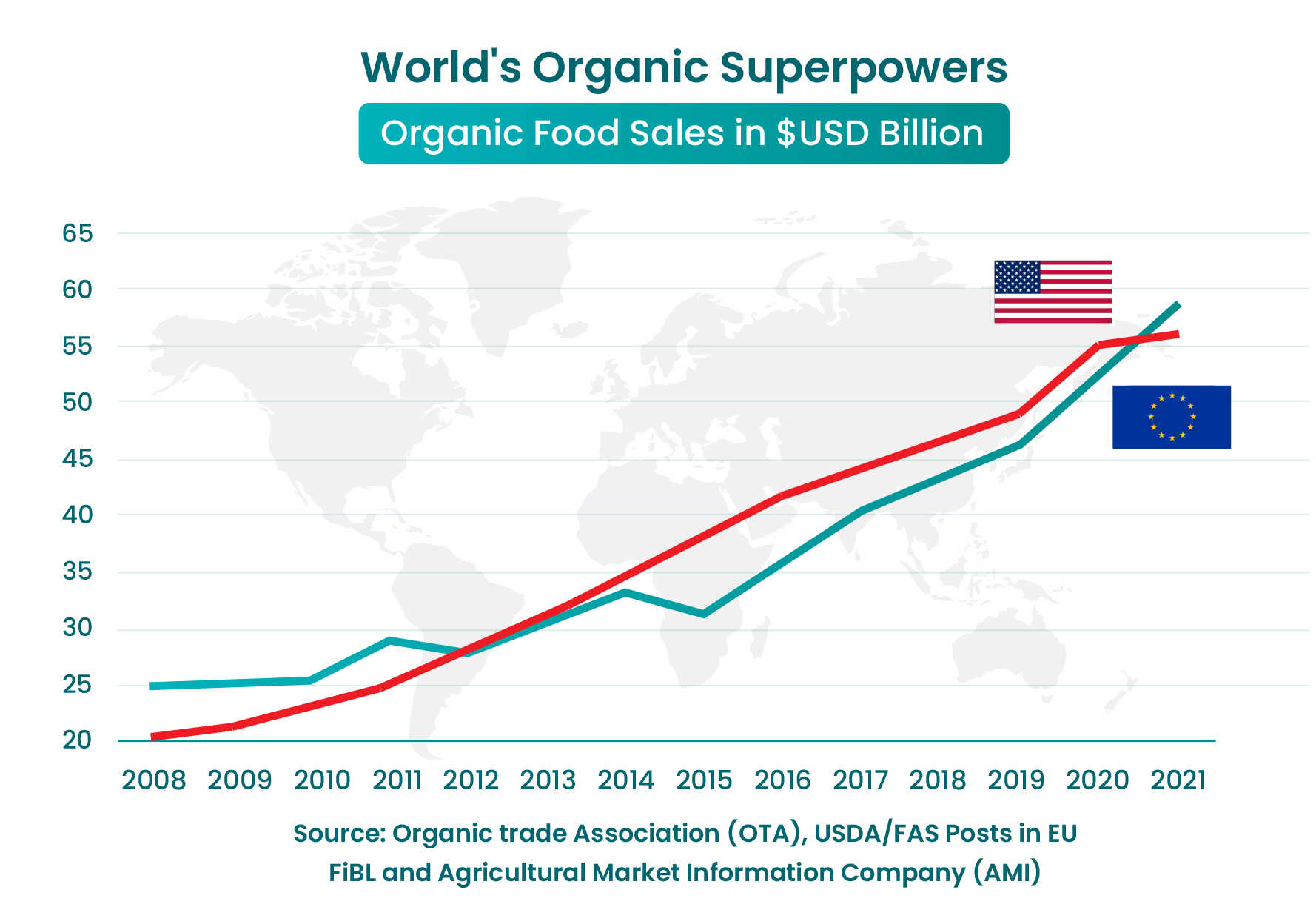
The “tip of the iceberg” for the huge opportunity that is about to emerge in organic fertilizers is now, and Freetilizer is the best technology to invest in. By associating enzymatic hydrolysis technology with the energy efficient vacuum drying system, Freetilizer not only ensures the highest quality in plant nutrients, but also the lowest environmental footprint in the processing and drying of manure. Freetilizer is the best technological approach to simultaneously solve an environmental issue by eliminating waste management costs, turning organic waste into new sources of revenue.
Due to the current circumstances, if we have the choice of obtaining a local, reliable, stable and natural product, it will always be a better choice than going after the synthetic alternative that may sometimes be cheaper but will never be sustainable. Today, manure — which has for too long been misunderstood as the trash of industrial agriculture — is finally being recognized as treasure, by public and private sector leaders in agriculture, but we also must do our part to be sure its value endures.
We are looking forward to your contact. Mail to: [email protected]







